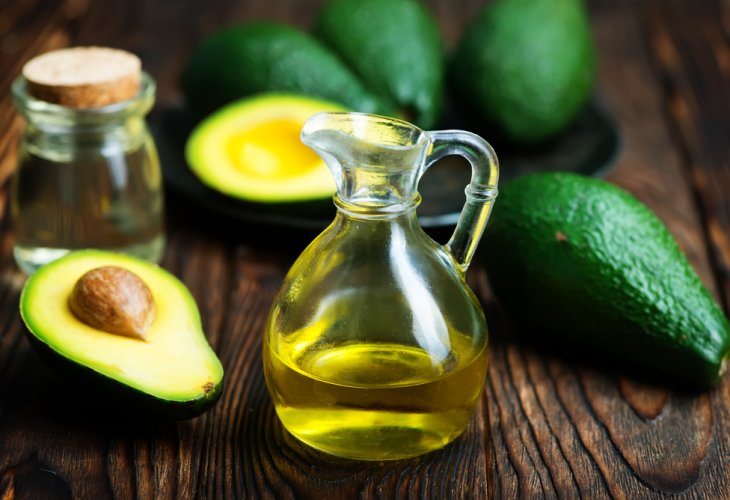The Truth About Oils: Which Ones Are Best for Your Health?
While oil often gets a bad rap, choosing the right kinds can actually benefit your body. Here are the top oils you should consider incorporating into your diet.
 (Photo: shutterstock)
(Photo: shutterstock)In the past, nutrition experts recommended a low-fat diet. However, this advice didn't consider the quality of oils—distinguishing between unhealthy processed oils and those high-quality oils found in natural foods, which are beneficial for our health.
Our bodies need fat to nurture the heart, brain, nerves, and hormones. Good fats also support hair, skin, and nail health. Many who follow low-fat diets feel constantly hungry, leading to overeating. Fat helps us feel full, sending a signal to the brain to stop eating.
Consuming good fats in moderation can aid weight loss, boost energy levels, strengthen the immune system, and improve digestion.
Extra virgin olive oil, unrefined, contributes to lowering "bad cholesterol" and maintaining "good cholesterol." Additionally, polyphenols in olive oil reduce inflammation.
Coconut oil is an example of a positive saturated fat—it aids in weight loss since the body quickly converts it into energy. Its heat stability makes it an excellent choice for cooking and frying.
Cold-pressed avocado oil is made directly from the fruit itself. It's a durable oil, suitable for seasoning as well as frying, plus it's rich in vitamin E.
Grapeseed oil can be found at health food stores (look for cold-pressed options). It's a strong antioxidant, helps lower cholesterol and protect heart health. With a neutral flavor, it's great for baking cakes.
Black seed oil is often praised for its healing properties: hormonal balance, blood sugar levels, aiding digestion, and treating dry skin (by external application). However, it should not be heated, making it ideal for salad dressings. Pregnant women should avoid black seed oil.
Avoid trans fats found in junk food—frozen foods, margarine, fries, pastries, and other processed items. Labels will list "hardened oils" or "partially hardened oils." Consuming trans fats disrupts bodily functions and leads to health issues.
Oils like soy, canola, and corn undergo high-temperature processing with chemicals and refining agents, resulting in oils rich in free radicals. Oxidized oils with free radicals cause cellular damage and premature aging.
Remember: The type of oil is more important than the amount of oil we consume.
Zohara Sharvit is a naturopath N.D and an iridology practitioner, with extensive experience in treatment, consulting, and workshop facilitation. To book a free workshop, call 073-2221290

